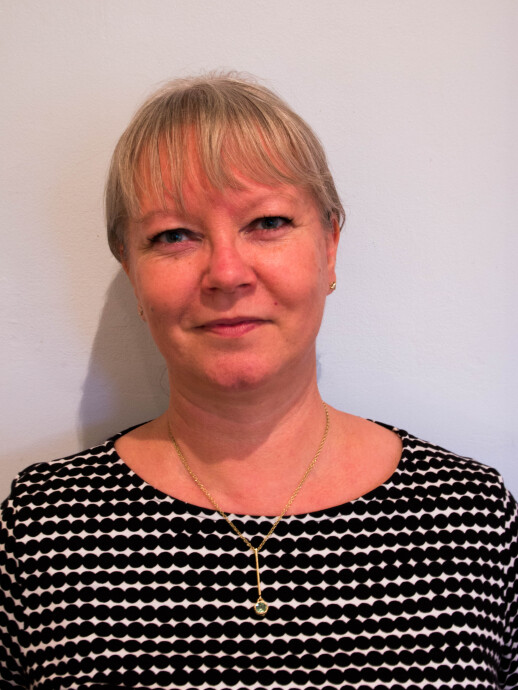
Anne Roivainen
Professor
Turku PET Centre
University of Turku
Areas of expertise
Molecular Imaging, PET, Inflammation Imaging
Research
Our research focuses on developing radiopharmaceuticals for the PET imaging of various inflammatory diseases.
Inflammation is a significant component of several chronic diseases involving the cardiovascular, metabolic, respiratory, gastro-intestinal, musculoskeletal and nervous systems. Positron emission tomography (PET) with targeted probes enables evaluation of the molecular and cellular pathophysiological mechanisms of diseases (i.e. molecular imaging). However, more specific markers than the currently used glucose analogue, fluorodeoxyglucose 18F-FDG, are needed to assess inflammation and its consequences in different pathologies.
Aims of our studies are pre-clinical evaluation of new targeted probes and techniques for molecular imaging of inflammation. The imaging agents will be evaluated in experimental models of inflammation, in healthy subjects and in patients.
The main hypothesis is that sensitive whole-body imaging of inflammation will enable early diagnosis, help in patient selection to particular therapy and monitor therapy outcome. Noteworthy, the development of new radiopharmaceuticals requires several years’ effort and expensive proof-of-concept and acute toxicity studies. Our research is focusing on PET tracers and to lesser extent magnetic resonance (MR) and single-photon emission computed tomography (SPECT) imaging agents.
Molecular Imaging, PET, Inflammation Imaging
Research
Our research focuses on developing radiopharmaceuticals for the PET imaging of various inflammatory diseases.
Inflammation is a significant component of several chronic diseases involving the cardiovascular, metabolic, respiratory, gastro-intestinal, musculoskeletal and nervous systems. Positron emission tomography (PET) with targeted probes enables evaluation of the molecular and cellular pathophysiological mechanisms of diseases (i.e. molecular imaging). However, more specific markers than the currently used glucose analogue, fluorodeoxyglucose 18F-FDG, are needed to assess inflammation and its consequences in different pathologies.
Aims of our studies are pre-clinical evaluation of new targeted probes and techniques for molecular imaging of inflammation. The imaging agents will be evaluated in experimental models of inflammation, in healthy subjects and in patients.
The main hypothesis is that sensitive whole-body imaging of inflammation will enable early diagnosis, help in patient selection to particular therapy and monitor therapy outcome. Noteworthy, the development of new radiopharmaceuticals requires several years’ effort and expensive proof-of-concept and acute toxicity studies. Our research is focusing on PET tracers and to lesser extent magnetic resonance (MR) and single-photon emission computed tomography (SPECT) imaging agents.


